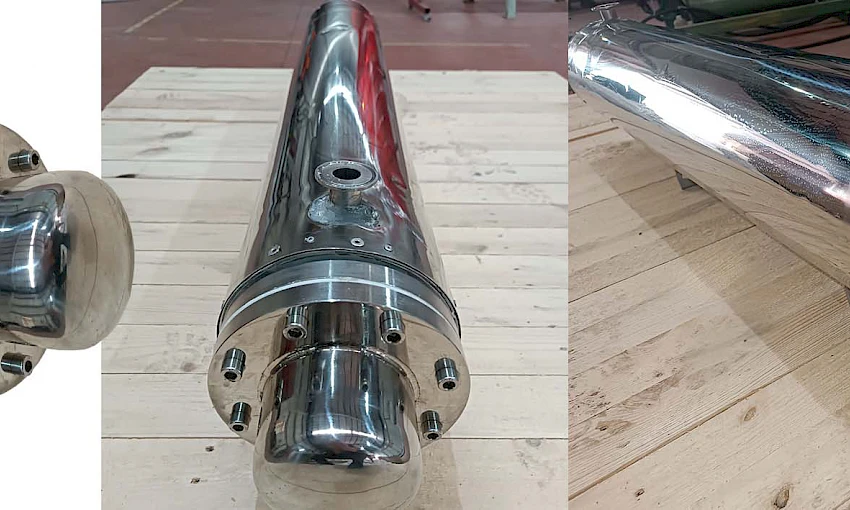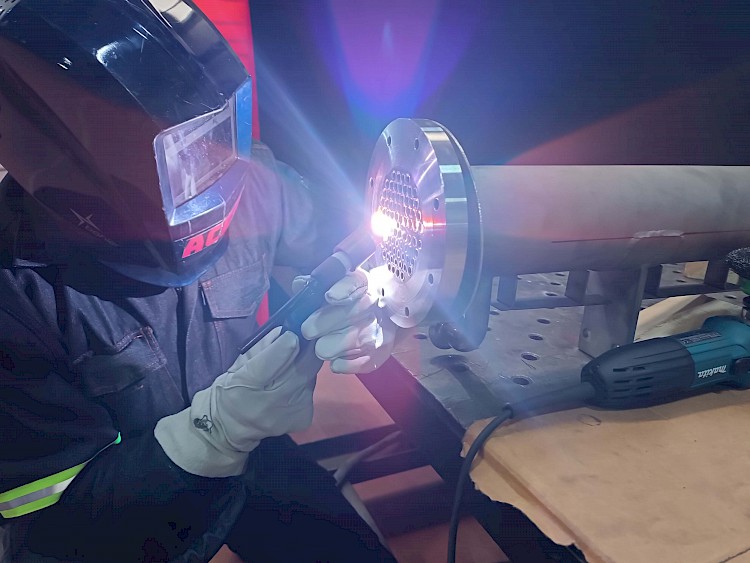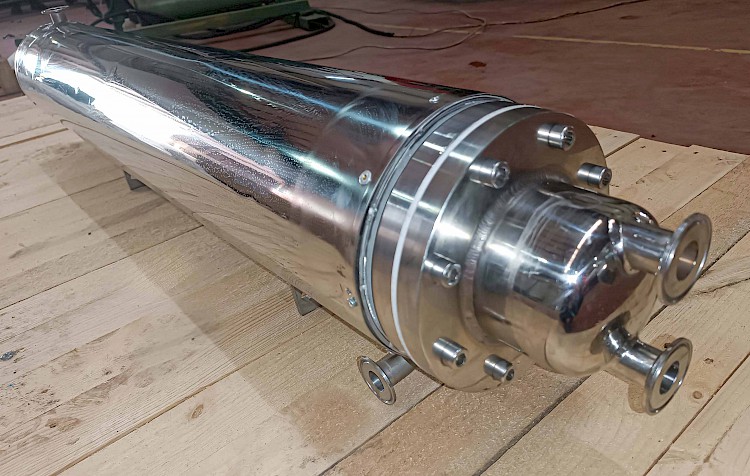
Hot Oil Heat Exchangers: Optimizing Thermal Efficiency in Industrial Processes
Hot oil heat exchangers, also known as oil cooling heat exchangers, are essential components in industrial processes designed to optimize heat transfer between fluids. These exchangers are commonly used to heat or cool high-temperature oils, playing a crucial role in temperature control and regulation within industrial machinery, systems, and production lines.
How Hot Oil Heat Exchangers Work
Functionally, hot oil heat exchangers serve as an interface facilitating heat transfer between primary and secondary fluids. They are indispensable for managing and controlling heat in industrial processes, particularly in industries such as chemicals, petrochemicals, food, and beverages. The design of these exchangers prioritizes durability, efficiency, and temperature tolerance. There are two primary types: plate heat exchangers and tubular heat exchangers. Plate heat exchangers utilize a stack of plates to enhance heat transfer, while tubular exchangers consist of tubes through which the oil flows, surrounded by a housing.

Applications of Hot Oil Heat Exchangers
-
Generating Steam or Hot Water: Hot oil heat exchangers transfer heat from hot oil to water or steam, which can be used for various industrial processes like heating, evaporation, drying, and sterilization.
-
Heating Other Fluids: These exchangers can heat other fluids, such as oils, chemicals, or air, making them versatile tools in various industries.
Advantages of Hot Oil Heat Exchangers
-
Energy Efficiency: They offer efficient heat transfer, resulting in energy savings.
-
Versatility: Suitable for a wide range of applications.
-
Safety: Designed with safety features to ensure reliable operation.
Oil Cooling Heat Exchangers
Oil cooling heat exchangers are critical components that regulate and control the temperature of oil used in machinery and systems. This section delves into their working principles, applications, and benefits.
Oil Heat Exchanger Prices
The cost of oil heat exchangers varies based on factors such as specifications, capacity, and industrial requirements. To get a competitive quote for your specific project, contact our sales engineers.

Types of Oil Heat Exchangers
Oil heat exchangers are available in various designs to cater to different industrial applications. Common types include plate heat exchangers, tubular heat exchangers, and spiral heat exchangers.
Oil Heat Exchanger Calculation
Calculating the heat transfer area required for an oil heat exchanger involves determining the heat transfer rate, overall heat transfer coefficient, and temperature difference between the fluids. This calculation is crucial for ensuring optimal performance.
Q = UAΔT
Q = Heat transfer (kW)
U = Heat transfer coefficient (W/m²K)
A = Heat transfer area (m²)
ΔT = Temperature difference between fluids (°C)
Hot Oil Heat Exchanger Manufacturing Project
-
Project: Manufacturing of 2 hot oil heat exchangers
-
Client: World Medicine
-
Standard: EN 13445
-
Industry: Pharmaceutical



